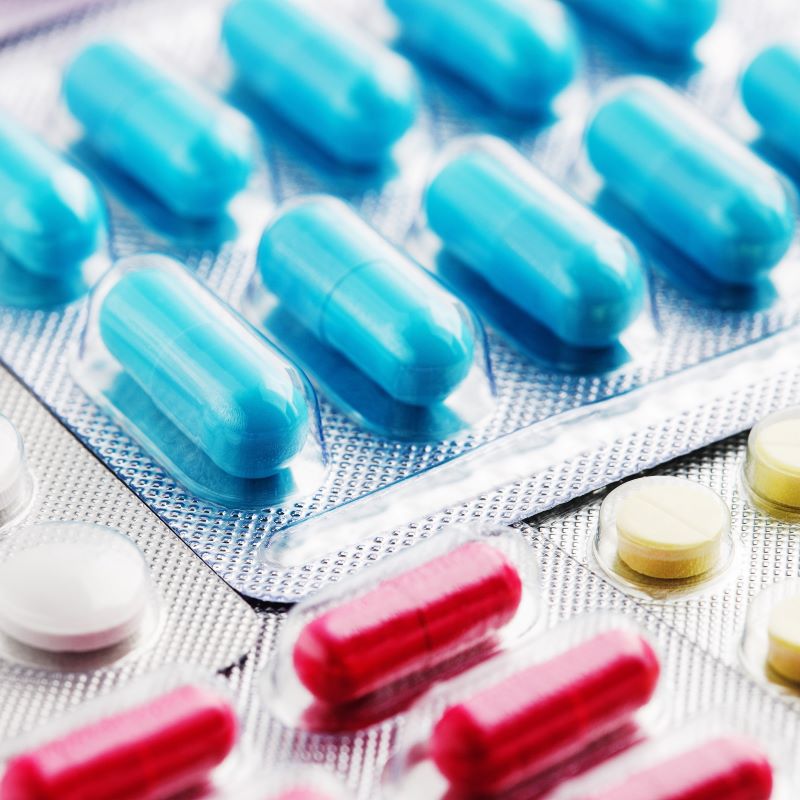Plastics and packaging
Plastic is used to protect OTC products at almost every stage of the manufacturing and distribution process. Read PAGB's position and the latest on plastics for consumer healthcare.

Find out more about PAGB’s position on key environment and sustainability issues, latest resources and PAGB activity.
 |
PAGB members can read the latest news and guidance on environment and sustainability issues in our member-only environment intelligence blog (member log-in required).
Not a member? Find out more about PAGB membership. |
Contact PAGB’s team of regulatory experts for advice and support on this or other regulatory issues related to OTC medicines, self care medical devices and food supplements. Email regulatory@pagb.co.uk.
Our health, our healthcare and our environment are inextricably linked. The consumer healthcare industry recognises that we all have a responsibility to act now to limit the impact of climate change on the environment.
Like many industries, the consumer healthcare industry is tied to processes, systems and materials that can have a detrimental impact on the environment. PAGB is fully committed to supporting its members to implement more sustainable alternatives wherever possible, at the same time as ensuring that over-the-counter medicines remain accessible for all those who need them to self care.
PAGB’s overall objective is to support the UK consumer healthcare industry to deliver environmentally sustainable self care in line with the Global Self Care Federation Charter for Environmentally Sustainable Self Care and NHS Net Zero targets.
PAGB is part of AESGP, the association representing the self care industry across Europe, which is bringing its members together to address environmental issues including microplastics and medicine disposal. As a member of AESGP, PAGB sits on the board of the Global Self Care Federation, which is driving the issue at a global level. Its Charter for Environmentally Sustainable Self Care was developed together with industry associations and manufacturers in the consumer healthcare industry, including PAGB. Our shared goal is to minimise the impact of medicines on the environment while safeguarding access to effective treatments for consumers.
In line with the charter, PAGB has made a series of commitments across the charter’s three priorities areas: plastics and packaging, pharmaceuticals in the environment and CO2 footprint.
Find out more about the Charter for Environmentally Sustainable Self Care.
View PAGB’s commitment in full.

Plastic is used to protect OTC products at almost every stage of the manufacturing and distribution process. Read PAGB's position and the latest on plastics for consumer healthcare.
Our commitments in support of the global Charter for Environmentally Sustainable Self Care.